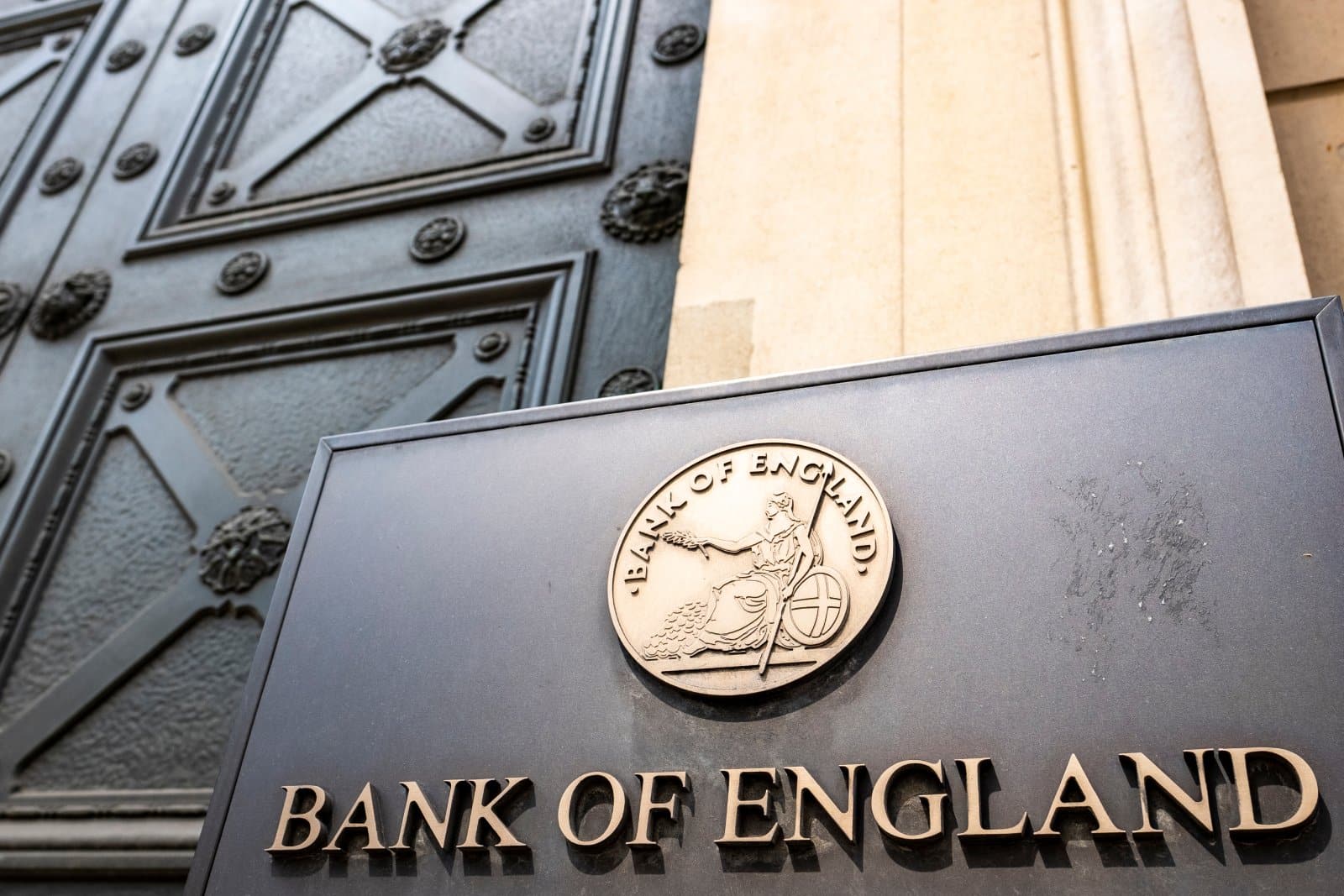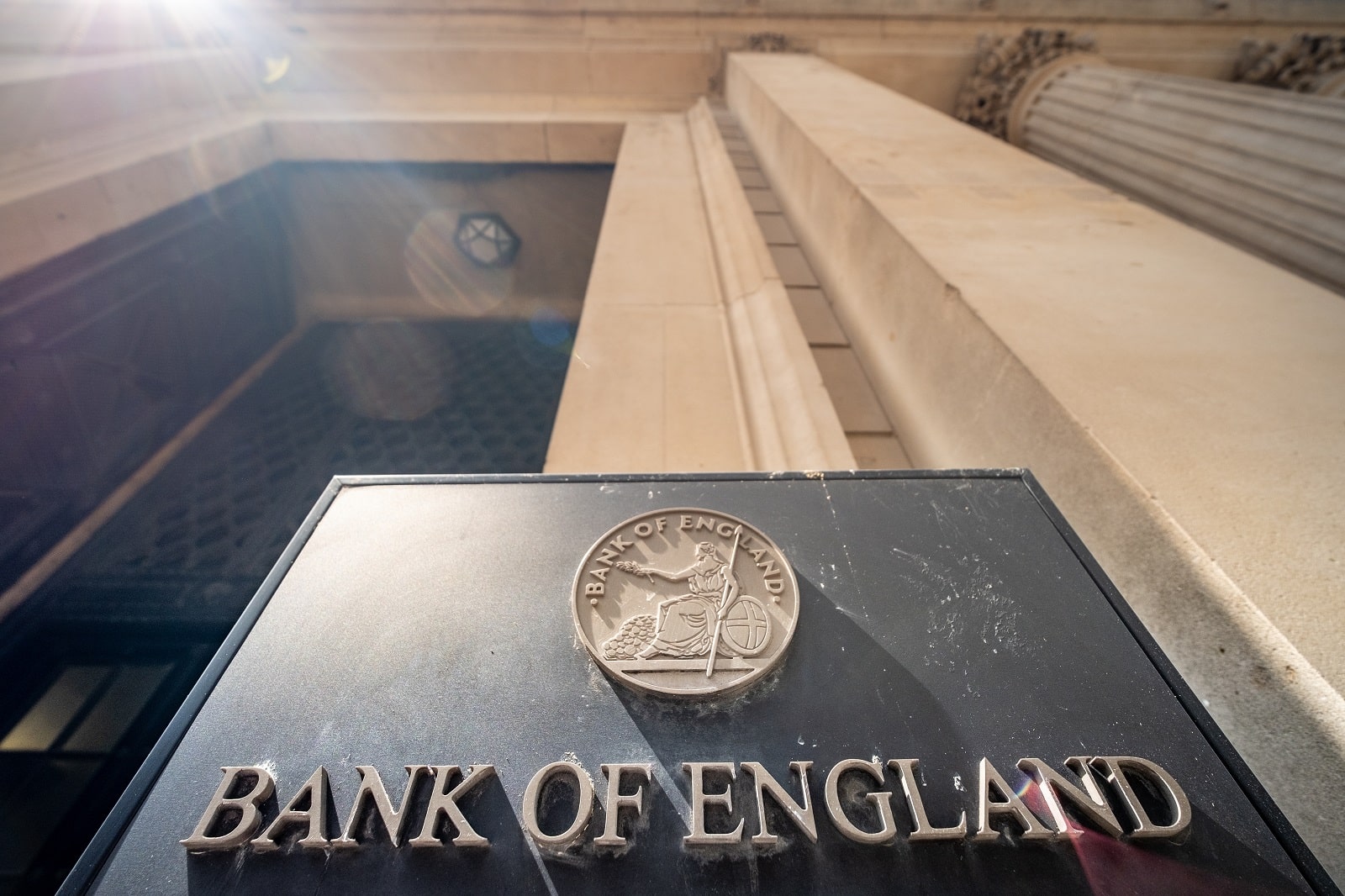The Bank of England’s Monetary Policy Committee is expected to maintain interest rates at 5.25% in their upcoming meeting. It’ll come as a blow to many, with some hoping to have seen rates fall already.
Interest Rates Determine More Than Mortgage Costs

The base interest rates affect more than just mortgages. They impact all kinds of borrowing rates—credit cards, personal loans, car finance, and business loans.
Good News for Savers

It’s not all bad news, though. Savers welcome high interest rates because they boost the amount of money they make on their savings. Higher interest rates mean a greater return on money saved.
Recent News Has Been Good – Why Aren’t Rates Falling?

We’ve got to put ‘good’ news into perspective. Inflation has been falling, but Consumer Price Inflation was still 4.7% in March, which is way above the target of 2%. It was just because it was so high that the fall sounded good.
Base Rate the Bank of England’s Main Weapon

Whilst inflation is still running at such levels, the Bank of England won’t be in a rush to reduce interest rates. Doing so would risk sending the economy into overdrive, causing prices to rise.
How Would Lower Interest Rates Increase Prices?

As borrowing rates fall, repayments fall with them. That means people have more money in their pockets, so they can spend more. Higher demand puts pressure on supply chains, increasing prices. Also, when people feel better off, they’re happy to pay higher prices—and retailers know this!
Interest Rates Are Slow but Effective

The unfortunate truth is that manipulating interest rates is effective in calming inflation. It takes a while to work, but increasing borrowing costs does reduce demand over time.
Highest Mortgage Rates in a Decade

The interest rate means that mortgages are at their highest level in around a decade. Those who have felt the most pain are those on a tracker or who have had their cheap fixed deals come to an end and have had to take out a new one at current rates.
Renters Also Impacted

Many private landlords have buy-to-let mortgages and have seen their costs rise. In many cases, they will have passed much of this pain onto tenants, who have seen rents rise.
UK Wide Rental Increases

According to the Office for National Statistics, in the 12 months to February 2024, average monthly rents increased to £1,276 (8.8%) in England, £723 (9.0%) in Wales and £944 (10.9%) in Scotland.
Historically, Rate Not High

We’ve all been so used to a historically low base rate that this feels more painful than it should. For much of history, the rate has been significantly higher than it is today.
Record Rate in 1979-1980

The record high was 17%, reached in November 1979 and remained in place until July 1980. Just as now, the rate was increased to calm inflation, which was around 25% at the time.
Bank of England Warning Not to Expect Imminent Change

Andrew Bailey, governor of the Bank of England, said: “We’re not yet at the point where we can cut interest rates, but things are moving in the right direction.”
Bank’s Job to Control Economy

So far, the bank will be satisfied that its interference is moving things in the right direction, so it’s highly unlikely that interest rates will increase – 5.25% is currently working.
Potential Reasons for Concern Lie Ahead

There are a couple of major price threats on the horizon that could impact bankers’ decisions and prices in general. The first one is the wet start to the year, which is impacting crop yields. This is a simple case of supply and demand pushing prices up.
Brexit Border Checks and Tariffs

Many Brexit supporters don’t want to hear it, but border checks and tariffs introduced due to Brexit will increase prices. Shoppers are going to be hit in the pocket, and that’s not going to help inflation.
Rate Rises Pausing Globally

The UK isn’t alone in holding steady on interest rates. Central banks around the world are doing similar. The main focus of attention will be the US — if they start to cut, other central banks may follow.
Interest Rates Will Come Down… Eventually

Whilst this isn’t the news many wanted, the various financial markets are still pricing in a fall in the base rate over the summer. The advice for now is to sit tight and keep your spending in check!
The post Interest Rates Likely to Stay at 5.25% as Bank of England Resists Calls for Cuts first appeared on Swift Feed.
Featured Image Credit: Shutterstock / William Barton.

